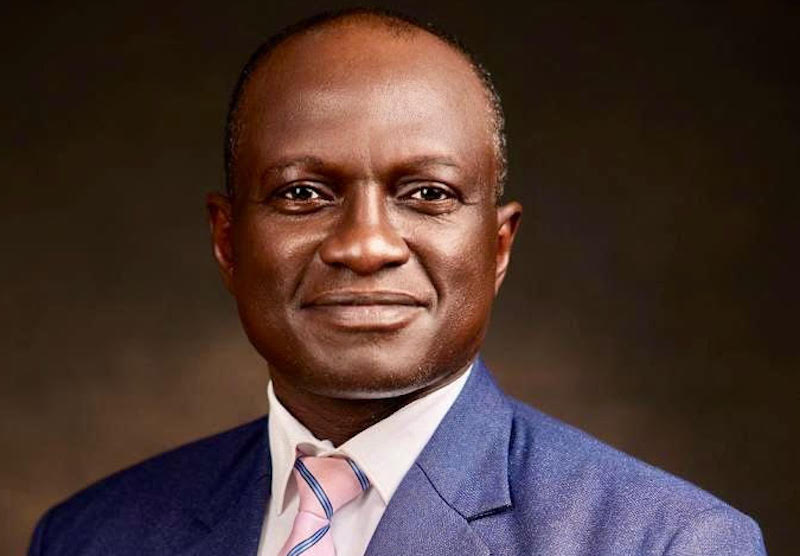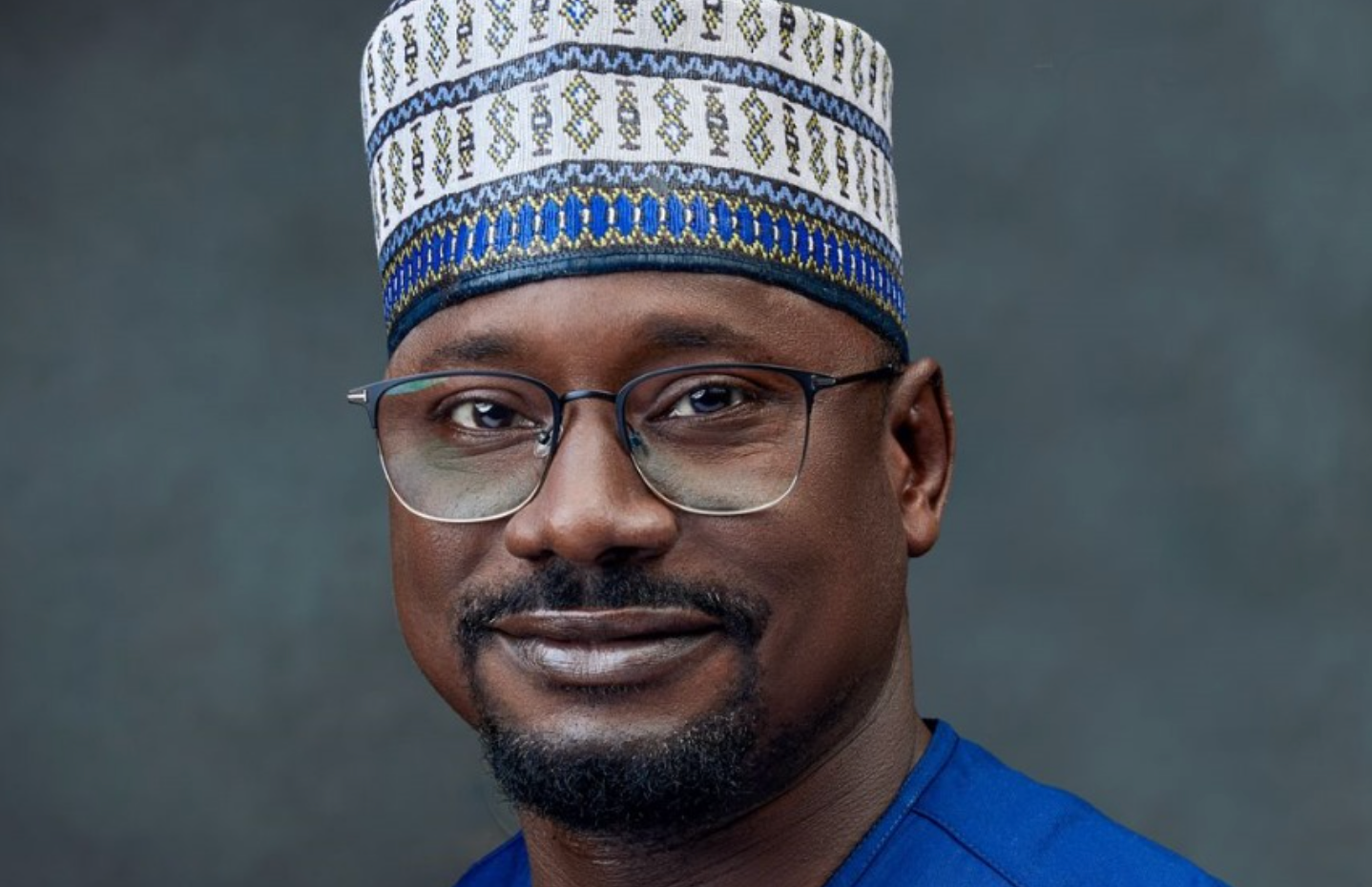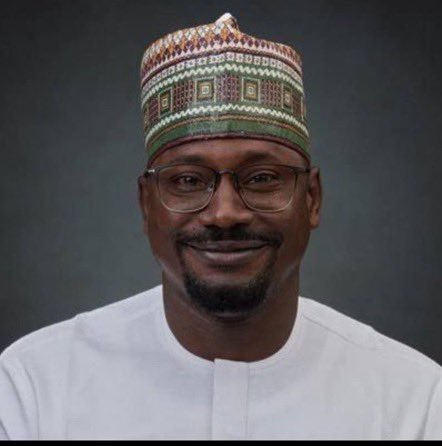General Laka has emphasized that terrorism in Nigeria is not driven by religion but rather by socio-economic factors. During a recent public address, he argued that blaming faith oversimplifies the complexity of the country’s security crisis. His insights highlight the need to address the real issues underlying the violence affecting many states.
Understanding the Nature of Attacks
In his address, General Laka pointed out that attacks occur regardless of the dominant faith in any given region. “If terrorism strikes a Christian area, Christians suffer; in a predominantly Muslim area, Muslims become victims,” he stated. This observation illustrates that extremists do not target beliefs but rather exploit vulnerabilities.
Laka insisted that Nigeria’s insecurity is rooted in inequality, competition over land, and climate stress. He emphasized that weak institutions exacerbate these problems, leading to widespread violence. “These issues are the real drivers of terrorism in Nigeria,” he noted. By focusing on these factors, the country can better understand and address the security crisis.
Moreover, Laka urged citizens and leaders to reject narratives that frame violence as sectarian. “Such narratives only serve to inflame division,” he warned. He called on the media, religious institutions, and political actors to resist amplifying false religious motives. By keeping the focus on the actual drivers of violence, responses can become more effective and targeted.
Addressing Misconceptions on the Global Stage
General Laka also addressed the rising international debate that positions Nigeria as a country persecuting Christians. He argued that such claims distort the reality of the situation and harm Nigeria’s diplomatic standing. “These misconceptions can lead to unjust perceptions of our nation,” he stated.
To counter these narratives, Laka proposed that Nigeria engage with foreign governments to clarify the situation. “A united national front is essential to counter polarizing narratives abroad,” he emphasized. By correcting misconceptions, Nigeria can foster better international relations and improve its global image.
Laka’s call for unity extends beyond just diplomatic efforts. He believes that a cohesive national response will help address the underlying issues of insecurity. “If we work together, we can create a more stable and secure Nigeria,” he asserted.
Conclusion: Focusing on Real Solutions
In conclusion, General Laka’s emphasis on the socio-economic roots of terrorism in Nigeria offers a critical perspective on the country’s security challenges. By shifting the narrative away from sectarian blame, leaders and citizens can focus on meaningful solutions that address the real drivers of violence.
Laka’s insights highlight the importance of understanding the complexities of Nigeria’s security landscape. As the country continues to grapple with these challenges, emphasizing socio-economic factors will be key to developing effective strategies.
By rejecting divisive narratives and promoting unity, Nigeria can work towards a more stable and secure future. General Laka’s call to action serves as a reminder that addressing inequality, competition, and weak institutions is essential for achieving lasting peace and security in the nation.




